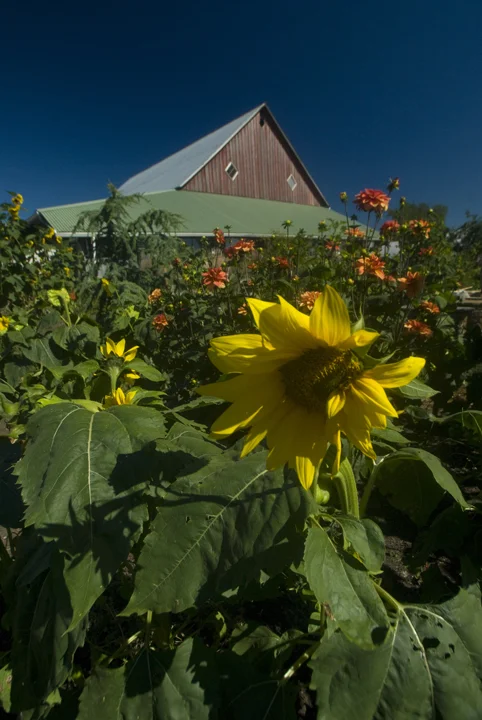Wild Salmon Returns to Washington’s Coast, Streams and Dinner Plates
Photo Credit: Barrie Kovish
As the calendar turns to May 1st - hooks and lines will be deployed from the sterns of Washington’s salmon trollers as the commercial fishing season officially opens. Once again, the Pacific Fisheries Management Council with the input from fishermen and fisheries biologists have checked the numbers, done the math and deemed that Washington’s Chinook salmon runs were strong enough to support a commercial fishery in 2011. Though this will sound counter intuitive, a commercial fishery means a good thing for health of wild salmon.
The survival and restoration of wild salmon is the top priority for fisheries managers. If the salmon numbers are not at a sustainable level, not one hook is allowed to meet the surface of the ocean or the lip of a salmon and fishing boats stay tied to the dock. Fishermen have long recognized that not fishing is sometime a necessary hardship face in order to fulfill their roles as stewards of the natural resource known as wild salmon. But stewardship of wild salmon is not just something for commercial fishermen and fisheries biologist to be concerned about. Eaters of wild salmon can also do their part as stewards of wild salmon. And yes, eating them is one of those things! The action of eating salmon reminds us with each delicious bite why we need to be conscious of our actions away from the dinner table and in other parts of our lives that might directly or indirectly affect the survival of wild salmon.
Conservation Area at Full Circle Farm, Carnation, WA
Take the simple act of brushing your teeth. The habit of turning the water off while brushing can save a gallon of water each time you polish your pearly whites. One gallon, twice a day for 365 days…okay, 730 gallons of water! Why is this important? Salmon need fresh cold water in streams, not down drains, to complete their life-cycles. Same goes for washing your car. Using the car wash not only saves water but all the chemicals and oil that make your car dirty are filtered before they go down the drain and out to sea. Wash your car at home and the waste water washes into a gutter untreated or soaks in to your lawn on its way back to the ground water system. And lawns? Plant a rain garden or a drought tolerant variety of grass and limit the use of fertilizers and other chemicals.
If you would like to visit the streams that will be benefiting from your newly found water conscious ways, consider volunteering for an afternoon of habitat restoration with a local salmon conservation group such as Long Live the Kings, Mid Sound Fisheries Enhancement Group or the North Olympic Salmon Coalition. Or what about joining Slow Food Seattle, Edible Seattle and the Stewardship Partners on Saturday, May 28th on the banks of Griffin Creek and the Snoqualmie River at Full Circle Farm near Carnation, WA to do your part to save wild salmon by restoring a stretch of water essential to salmon spawning success? It is your choice whether wield a shovel or a camera. All levels of activity and support are welcome.
For more information and to register to participate please contact Stewardship Partnership’s Volunteer Coordinator, Alex Ko. Once you register you will receive complete details and directions.
Share on Facebook too:
Should you decide to join us for the work day, here are a few things to bring and remember:
It is the Pacific NW so dress in layers, bring rain gear, gloves and wear sturdy shoes or boots.
Bring your own snacks and water.
You will be outside and ‘facilities’ may be limited.
Come ready to work but be mindful of your own limitations. Please don’t over do it!
To read more about wild salmon habitat, check out the story in the May/June edition of Edible Seattle.
See you down by the Creek!
- Amy Grondin, Slow Food Seattle Board Member
Flowers and Barn at Full Circle Farm, Carnation, WA. Photo: Roddy Scheer



